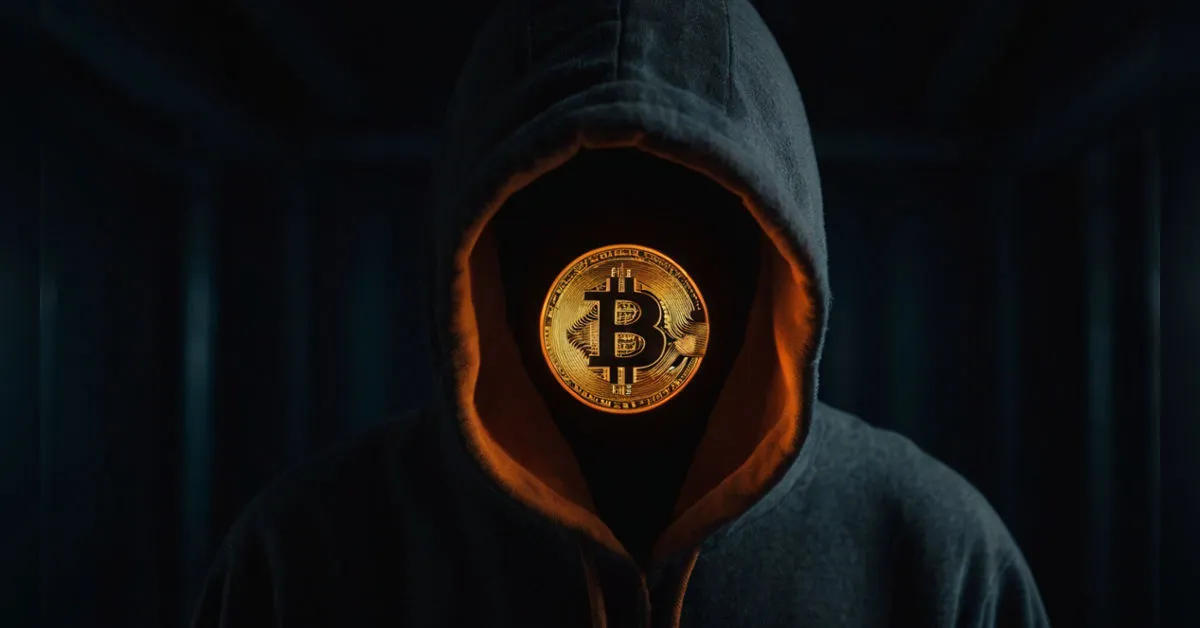The threat of customer knowledge (Kyc) is not coming. It is already here and has not arrived through a national ban or an executive emergency order. He presented himself quietly with a control box and an agreement on the terms of service.
While influencers make noise on CBDC and paper bitcoin, the real control system has already been distributed: Know your client.
Not dramatic. Non -dystopian. As soon as regulated, normalized and accepted.
But compliance is not neutral. It is the infrastructure of financial control and if you are still delivering your ID to stack the Sat, you are not buying freedom. You are financing your cage.
Kycc’s real attack vector
Kyc regulations are marketed as a cover against money recycling and fraud. The shot is security. Reality is traceability.
The moment you connect your identity to Bitcoin through an exchange recording – a attached bill, a loaded passport – has given up on the autonomy itself that Bitcoin has been designed to preserve. It is not a question What You’re doing. It is Who are you.
Once that connection has been done, each transaction becomes searchable, timestamp and admissible. This is not a theory. This is how the system is already working.
Canada has blocked bank accounts based on political donations. The United Kingdom stops the protesters using facial recognition. The United States perform Geofence Warrant without an individual suspicion.
Add Kyc to that apparatus and you built a turnkey surveillance machine. No quote. No charge. Only lists of silent blacks and frozen withdrawals.
Didn’t you find strange who arrested Mixer developers such as Whirlpool and Tornado Cash, instead of the criminals who used them?
Kyc is centralization for design
Governments did not need to put Bitcoin outlaw; they only needed it Know who is using it.
The combination of centralized exchanges, Kyc record and behavioral analysis transforms every bitcoin purchase into a bread track. Each collection from Coinbase or Kraken becomes part of a registered, indexed, memorized profile.
When the regulators speak of “conformity”, this is what they mean: pipelines of usable data. Healthy, labeled Utxos. A fully mapped ecosystem of portfolios linked to real names and IP addresses.
What they are building is not to stop crime. It is label dissent preventively.
You are the Honeypot
The most dangerous part of Kyca is that it does not seem dangerous. There is no siren, no red warnings. Just a few forms, a phone verification, perhaps a bonus if you register today.
But each module that complies the machine. Not only for you, but for everyone you interact with.
Kyc is not just surveillance. His contagious.
A single portfolio connected to the identity poisons the privacy of each address that touches. The chain analysis companies do not need to know everyone, they just need to meet someone. Once that anchor point has been set, the mapping becomes mathematics.
You are not stacked the Sat. You are stacking trial.
The exit is a deadline
This is the storage phase. The calm before the application.
We are in the same pre-crackdown posture that we saw before the cash war. The model is familiar:
- Normalize surveillance
- Demonize privacy
- Criminalize autonomy
The result? Most users approached a trap. Not threatened, but under comfort.
The crowd “Just in Wey”, those who signed up, Kyc’b and hoped that it doesn’t matter, they are already compromised. Not because they did something wrong, but because they allowed someone else to decide what’s wrong.
And once that line moves? I’m already inside.
“But they cannot prevent me from moving my bitcoin and transfing into p2p.” Nobody wants coins in the black list: they will be radioactive and useless.
What true privacy requires
There is no affiliation link for true privacy. No App Store solution. No 10% discount for the use of your ID.
It looks like a discipline. Friction. Small decisions that do not reduce themselves.
- Buy peer-to-peer instead of custody
- Clean wallet mining
- Use of tools that do not record metadata
- Moving away from platforms that promise speed in exchange for obedience.
It is not glamorous. But it is the difference between ownership and permission.
Final thinking
Bitcoin should never have been polite. It was a way out. But when we normalize compliance in exchange for access, we risk transforming that exit ramp into a regulated channel.
Kyca is not a bureaucratic detail. It is the quiet killing switch for sovereignty.
No matter how many Saturday accumulates if each of them is recorded, tagged and ready for the black list.
So ask yourself:
What does it mean to own something?
If the answer begins with a government ID, you are already losing.
No name. No compromise. No delay.
Build the exit while you can still.
